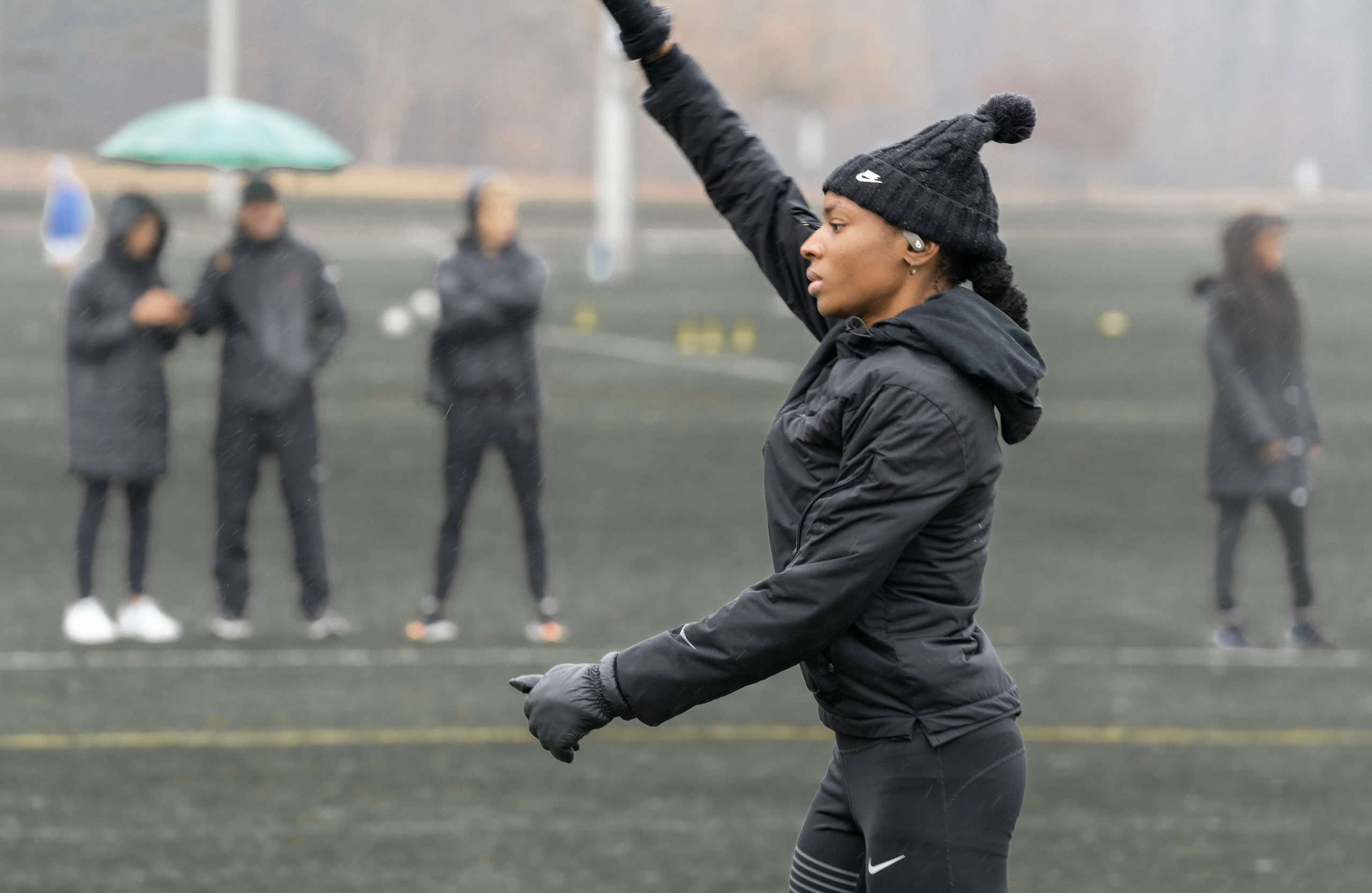How often do you speak to your neighbors?
Do you even know them?
Research shows that most Americans don’t trust their neighbors.
Why not?
And what has this to do with speed, you ask?
Today we will discuss the relevance of an increasingly isolated world, and how that might affect your understanding of lots of things as they relate to sport performance – maybe especially speed.
If you’ve got a poorly-curated social media feed, chances are you’ve come across various ‘debates’ about various training methods. We place ‘debate’ in quotations here, as they’re generally little more than a few people yelling at each other from across the room.
But these people are loud — and so they end up occupying too much of our energies.
What is most-revealing about these yelling matches is that each side is convinced of their ‘truth’ — and equally convinced of the folly of the other side.
Take the role that strength plays in speed, for example.
You’ve got a whole community of folks who not only are dogmatic in their “strength is the key” opinion, but become more dogmatic over time— as they dig their boots in deeper to defend their positions.
And it’s funny — those who defend their positions the strongest — those who are most-dogmatic — have most-likely been thinking that way the longest.
We have a natural proclivity to hold tight to the first opinion we form on a topic (this is called first conclusion bias).
We have what Charlie Munger calls a ‘doubt avoidance tendency‘ – the tendency to resolve conflicting information as quickly as possible, so we can return to our comfort zone.
Back to digging our heels in, and yelling across the room.
The trick is to recognize when we are doing this.
Because we all have biases.
A bias isn’t a bad word — it’s just a synonym for what we are currently thinking about a thing — it shapes our opinion.
So first — recognition — and then conversation.
Because really, we only have two choices — talk, or fight.
And this is what brings us back to knowing your neighbors.
If you feel really strongly about something, chances are you might not understand its complexity. This is hard to come to terms with, and even harder to do something about.
But here’s your challenge for this week: find someone with a different view on something you think is indisputable. And have a conversation with them.
Try to find out more about their point of view.
Because, only when you understand the argument against your opinion, will you truly understand your opinion at depth.

